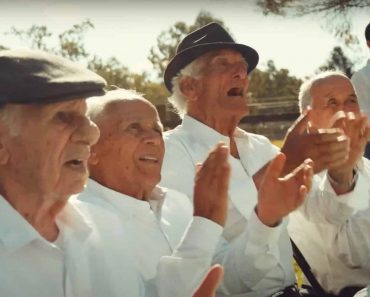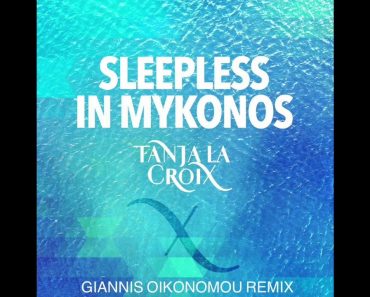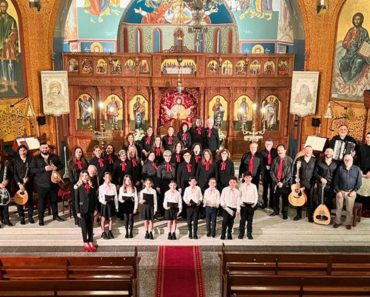Students from the University of NSW are being encouraged to engage in Modern Greek courses with applications officially open for the newly introduced 1821 Scholarship Program.
The initiative has been launched by the Foundation for Hellenic Studies at UNSW to support the study of the language at their university, with it offering a $1,821 scholarship to students who enrol in Modern Greek courses.
Dr Vassilis Adrahtas (Convenor of Greek Studies, Humanities & Languages, UNSW) explained that the Foundation had been exploring ways to strengthen the position of Modern Greek subjects, with enrolments in language courses generally being quite small.
He explained that one of the Foundation’s new Board Members in Harry Mavrolefteros (a former UNSW student and President of the university’s Hellenic Society) conceived the idea of the scholarship which was warmly received.
“One way or another, learning a language at university entails a kind of sacrifice on the student’s part,” Dr Adrahtas told Neos Kosmos.
“They have to spend time and money on something that – given the current trends in higher education – seems totally unrelated to their future business, industry or professional success.
The UNSW academic expressed his view that it is fair to try support youngsters who make the effort to study Modern Greek at tertiary level.
“It is not about paying students to enrol in a course about their heritage language, but it is about handing an award to students who have decided to sacrifice fees, time and effort to do something that goes beyond current skills-oriented expectations,” he said.
Dr Adrahtas stated that the Foundation has launched a webpage where students can apply for the scholarship (https://unswgreek.com/) to make it as accessible as possible.
“Generally speaking, those interested have to enrol in either Modem Greek A (ARTS1540) or Modern Greek B (ARTS1541) and perform well throughout the course,” he said.
A fundraiser was held earlier this year to help create the Scholarship, and Dr Adrahtas said the Foundation is confident that the broader Greek community in NSW will continue to support the project.
“Thus far, the first signs are very promising,” he said.
“To be sure, this scholarship is not going to solve all the problems of Modern Greek Studies at the university level, but in the short and middle term it can certainly boost numbers and allow us some luxury time to think over the long-term strategies for the future.”









